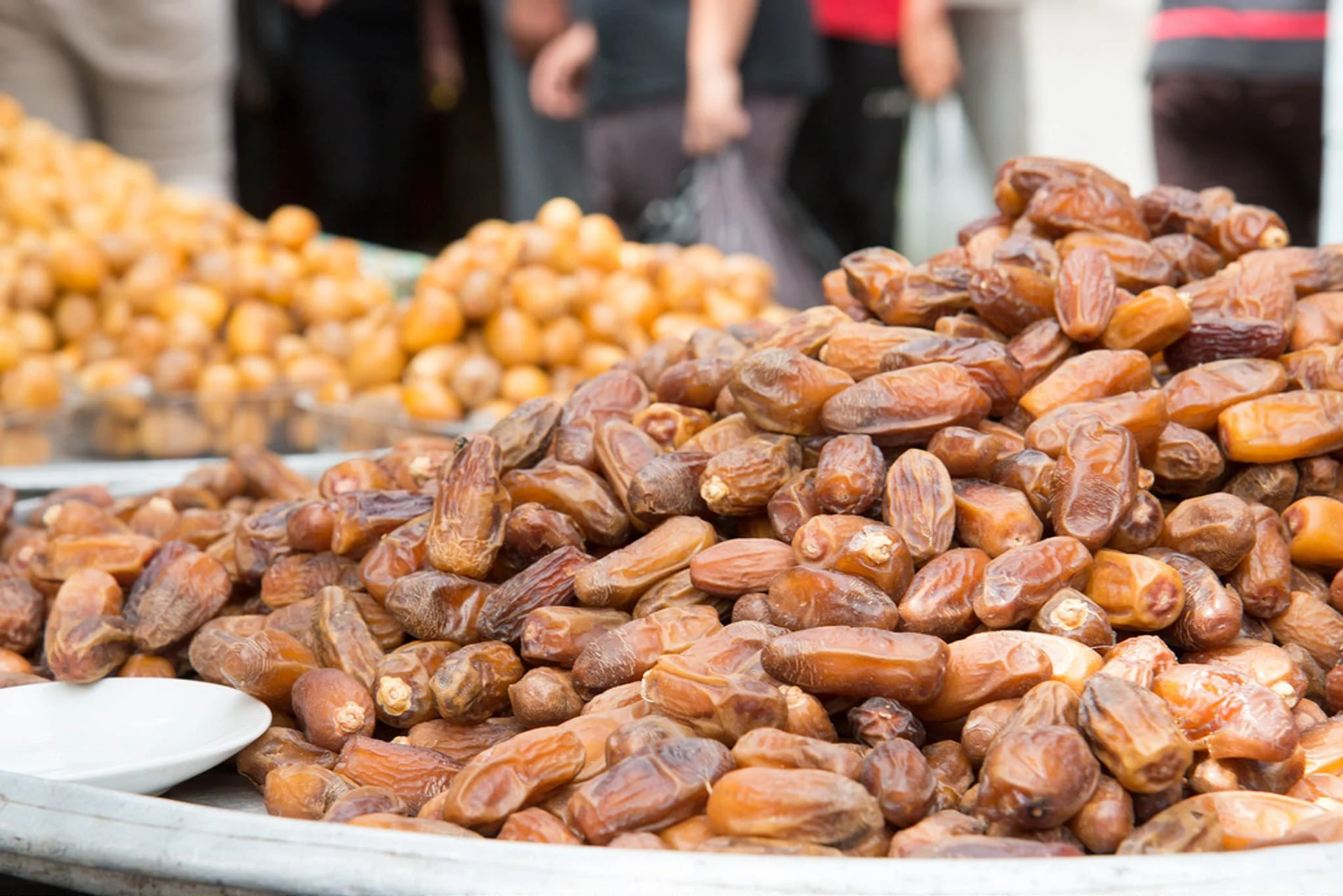Dates, the sweet and nutrient-rich fruit of the date palm (Phoenix dactylifera), have a long and storied history in Africa. This remarkable fruit is not only valued for its taste and health benefits but also holds deep cultural significance across the continent.
Historical Context
The date palm is believed to have originated in the Middle East and North Africa, with evidence suggesting its cultivation in ancient Mesopotamia around 3000 BCE. From these early beginnings, the date palm spread throughout the region, reaching North Africa and eventually sub-Saharan Africa.
In Africa, the date palm thrives in arid and semi-arid climates, making it an essential crop in desert and semi-desert regions. The fruit’s ability to endure harsh conditions and its high nutritional value made it a staple food in many African communities.
Cultivation and Trade
The cultivation of date palms in Africa has a long history, with ancient civilizations recognizing their importance. The fruit was an integral part of the diet of early African societies and was used in various culinary and medicinal applications. The cultivation techniques were passed down through generations, adapting to local conditions and agricultural practices.
Trade routes across Africa facilitated the exchange of dates and date-related products. These trade routes were vital for the economic and cultural interactions between different regions. Dates were not only consumed locally but also traded with neighboring regions, contributing to their spread and integration into diverse African cultures.
Cultural Significance
In many African cultures, dates are more than just a food item; they hold cultural and symbolic meanings. They are often used in traditional ceremonies, religious observances, and social gatherings.
- Religious and Spiritual Symbolism: In Islamic cultures, which have a significant presence in North and West Africa, dates are highly regarded. They are traditionally consumed to break the fast during Ramadan, symbolizing nourishment and spiritual renewal. The fruit’s association with the Prophet Muhammad, who is said to have enjoyed dates, adds to its sacred significance.
- Festive Celebrations: Dates play a prominent role in various African festivals and celebrations. They are often featured in special dishes and desserts during festivities, signifying joy and abundance. In some cultures, dates are offered to guests as a gesture of hospitality and respect.
- Medicinal Uses: Traditional African medicine recognizes the health benefits of dates. The fruit is believed to have properties that can aid in digestion, boost energy levels, and improve overall well-being. In some regions, date paste is used as a remedy for various ailments.
- Social Customs: In certain African communities, dates are used in social rituals and ceremonies, such as weddings and naming ceremonies. Their sweet taste and nourishing qualities are believed to bring good fortune and prosperity to the participants.
Conclusion
Dates hold a special place in African history and culture. Their journey from ancient cultivation to contemporary significance highlights their enduring importance. As Africa continues to celebrate and preserve its rich heritage, dates remain a symbol of tradition, nourishment, and connection across diverse cultures.
Ajigofarms is a reliable global agricultural purchase sourcing with profound expertise in the manufacturing, and exportation of food crops. We are tested, and trusted suppliers of all kinds of cash crops and food crops. Our constant supply chain solution makes exporting easy, quick, and safe, we are identified with timeliness and meeting up with deadlines. Regardless of the region you are located in worldwide, you can reliably order your Agric products and be rest assured of successful delivery.




